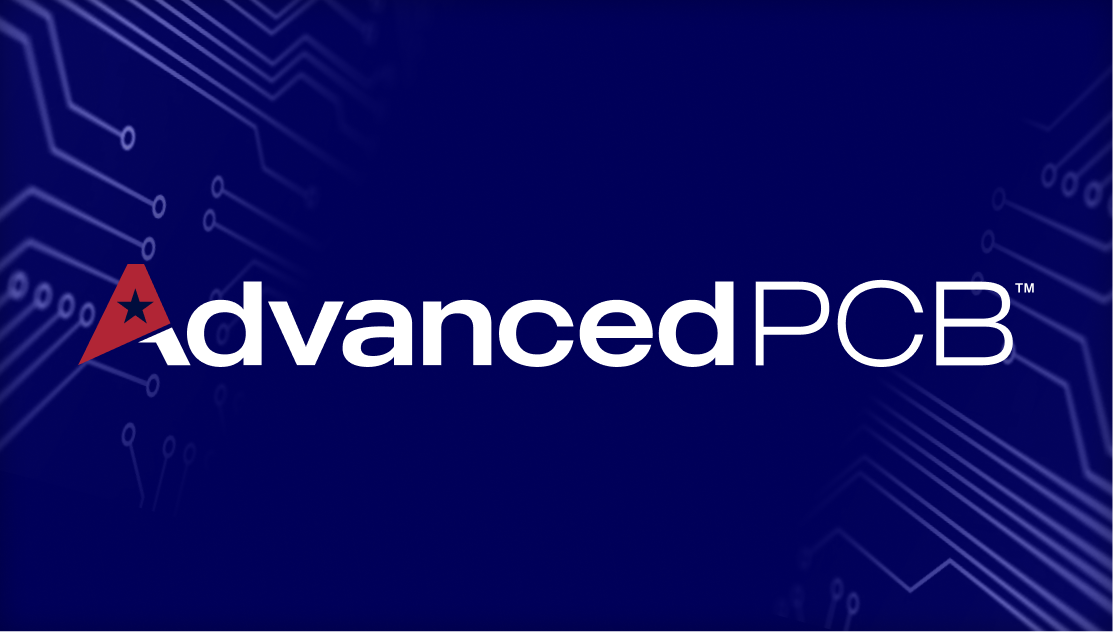PCB Update: Student Uses Sand to Improve Battery Performance

.jpg?lang=en-US) Recharging your smartphone or tablet every day can at times be a hassle. This is especially true when you are away from home and have to rush to find a charger in time. The worst part is that over time, the battery life in your device will start to hold less of a charge and you will need to plug in more often. PCB makers continue to work on ways to make our devices more powerful and reliable. At the same time, a graduate student and researchers at UC Riverside have discovered that sand may be a possible answer to our repeated requests for longer battery life.
Recharging your smartphone or tablet every day can at times be a hassle. This is especially true when you are away from home and have to rush to find a charger in time. The worst part is that over time, the battery life in your device will start to hold less of a charge and you will need to plug in more often. PCB makers continue to work on ways to make our devices more powerful and reliable. At the same time, a graduate student and researchers at UC Riverside have discovered that sand may be a possible answer to our repeated requests for longer battery life.Using sand with a high percentage of quartz, the team discovered that purifying the sand and adding salt and magnesium led to the creation of pure silicon when heat is added. The result also had a porosity needed to improve the performance of batteries built with nano-silicon. In addition to boosting the quality of lithium-ion batteries in devices, this can potentially be applied to silicon-based batteries in electric vehicles and extend drive time.
Staying on Top of PCB News
As an engineer it is important to keep up with developments in the PCB industry. This way you will know about the latest developments and what your PCB manufacturer is doing to help your applications reach the next level. Continuing your education will also allow you to develop new techniques in PCB design so that you can maximize your capabilities and reach your full potential. Work with the industry’s largest component library by designing with free PCB Artist layout software from AdvancedPCB. Contact a representative today to learn more and get started.
AdvancedPCB
Related Posts

Future trends of the circuit board
As consumer demands for faster, smaller and more efficient devices intensify, so do printed circuit board requirements. PCBs are the backbone of all electronic devices. They affect their size, speed and functionality.
Future trends of the circuit board
Read More

2-Layer vs. 4-Layer Printed Circuit Boards
When it comes to printed circuit boards (PCBs), there are infinite possibilities for how many layers you can have. Some supercomputers have nearly a hundred layers in their construction, but, the most common layered PCBs usually have only two or four layers.
2-Layer vs. 4-Layer Printed Circuit Boards
Read More

Understanding the Difference between PCB prototyping and Full Spec Production
Printed Circuit Board manufacturers such as AdvancedPCB offer two main types of services- Printed Circuit Board Prototyping (PCB) and full spec production. But what exactly do these mean, and what does each have to offer?
Understanding the Difference between PCB prototyping and Full Spec Production
Read More
Browse
All Categories
Recent Posts
View Recent Posts